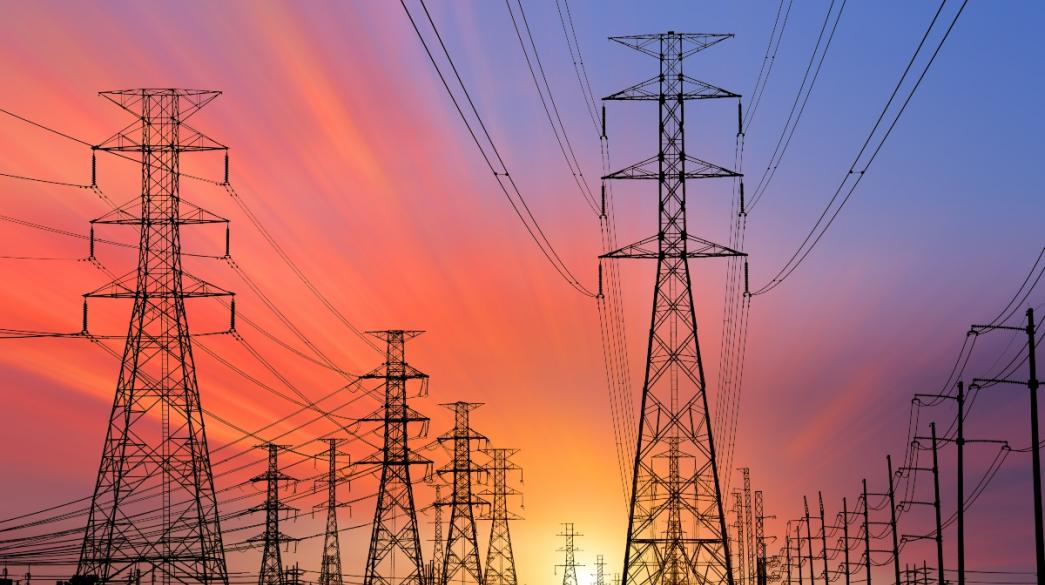Every time there is heavy rain in Mandra, west of Athens, factories close down their machinery, to avoid causing damages to their equipment worth millions of euros, due to the Hellenic Electricity Distribution Network Operator's (HEDNO) dated power network. Otherwise, the factories will have to spend lots of money on buying special equipment that will protect their equipment from sharp changes in voltage.
Whenever a wave of bad weather hits Greece, like the one expected to hit the country this evening, parts of the city and a number of villages and businesses will remain without electricity for several hours.
At a time where the government is talking about the challenges of the Fourth Industrial Revolution, bad weather has become one of the biggest obstacles. On other occasions, the lives of workers and the running of businesses can be disrupted during mild weather conditions, such as when damages occur to medium voltage lines. This was the case yesterday when parts of Marousi were covered by darkness for several hours, in a power cut that could arise again tomorrow in a different area for no apparent reason.
While we are a breathe away from a new decade, the harsh Greek reality is that we are inviting foreign investors to the trust the country when many businesses do not have access to fast internet or suffer from a power blackout every time there is a storm due to the old distribution network.
The data confirms the problem. Figures show that Greece is in 10th position in the European Union, based on a list of countries showing the frequency of power outages. Greece is also one of the few countries in the EU where electricity network operators, such as HEDNO, are not subject to motives or penalties. There are also no checks held in Greece on the quality of power supply, while in other countries compensation is offered to consumers, in the event of unexpected blackouts.
Meanwhile, the situation at HEDNO is getting worse.
A shortage of materials, ranging from wooden poles and cables to helmets and gloves for workers, reflects the deteriorating conditions at HEDNO, that has been put up for sale. This also explains the rise in fatal accidents.
During 2012-2018, investments in maintenance and the development of networks were cut in half, dropping to 155 million euros last year from 304 million euros previously. During this period, the average time needed to complete simple power connections more than doubled. From 16 days, 34 days are now needed, while the average duration of each outage rose by 21 percent.
Apart from power cuts increasing, blackouts are becoming longer due to a lack of materials and technical staff. This is a problem that could be related to a poor allocation of staff members to different duties. A few years ago, 1.5 hours were needed to restore a power cut but this has now risen to 2, 3 or even four hours, as was the case in Marousi last night.
The fact that the government has decided to privatize HEDNO, a subsidiary of Public Power Corporation, and hook it up with a strategic investor ensures that fresh capital will flow into the company in coming years. Money that it desperately needs.
But all of this needs time. Even if the sale of a 49 percent stake in HEDNO is completed, plans for the new HEDNO will not be implemented until 2021-2022. Until then we will live with the threat of a blackout - large or small - while businesses will continue to face a major obstacle in the race for the Fourth Industrial Revolution: rainstorms.









